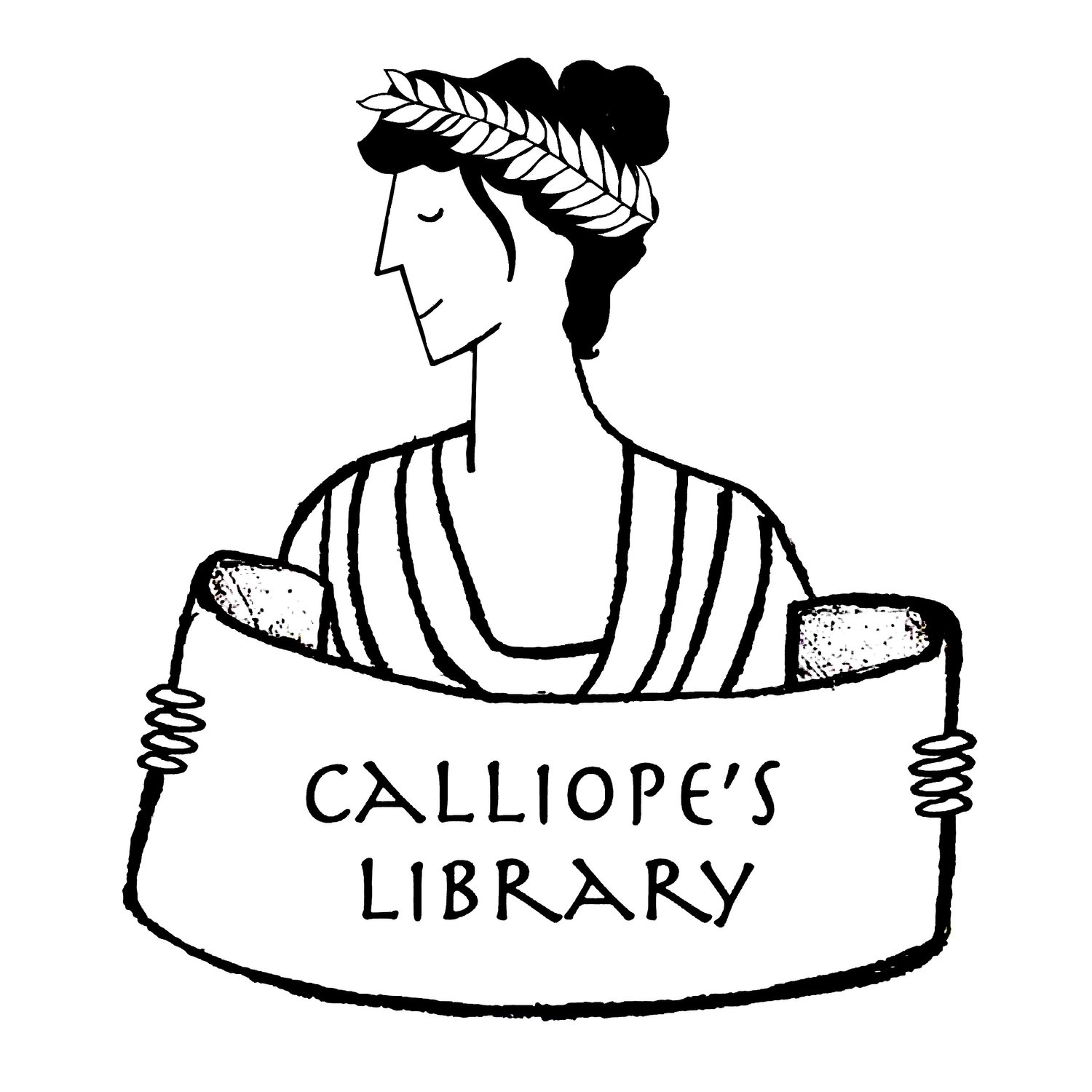Title: Dateline: Troy
Author: Paul Fleischman
Illustrator: Gwen Frankfeldt and Glenn Morrow
Date: 2006 [1996]
Tags: Middle grade, Picture book, Mythology, Trojan War, Ancient worlds, Medieval to modern worlds, English
Newbery award-winning author Paul Fleischman provides a detailed and mythologically accurate retelling of the Troy tale that is perfect for anyone looking for a concise, coherent version of the complex mythic cycle. It’s so good that I particularly recommend this book for teachers to use in the classroom. However, that’s not what makes this version of the Trojan War myth special. Illustrators Gwen Frankfeldt and Glenn Morrow juxtapose Fleischman’s narrative with newspaper clippings from the past 100 years that reflect the same themes and even the same types of events that his narrative describes. Achilles’ rampage after Patroclus’ death is paralleled with the cycle of violence sparked after a gang member’s murder, and Laocoön’s desperate plea to destroy the Trojan Horse is juxtaposed with a collage of clips about red flags raised prior to the 9/11 hijackings. The events leading up to the war are equally well contextualized. A collage of clips that describe resistance to drafts all over the world mirrors Odysseus’ attempt to avoid the war, and Laodamia’s all-consuming grief after her husband’s death early in the war is faced with a Pulitzer Prize winning photograph of a widow embracing her husband’s tombstone on Memorial Day.
Fleischman's introduction prepares readers to understand that the modern material does not so much illustrate the ancient stories as draw connections between the 3,000-year-old myths and the terrible realities that we still grapple with today. The book ends with suggested reading, fictional and nonfictional, suitable for interested readers aged 12 and up. Dateline: Troy is a tour de force of modern history, ethics, and mythmaking intertwined into one of the most evocative adaptations that I’ve ever read. – Krishni Burns


